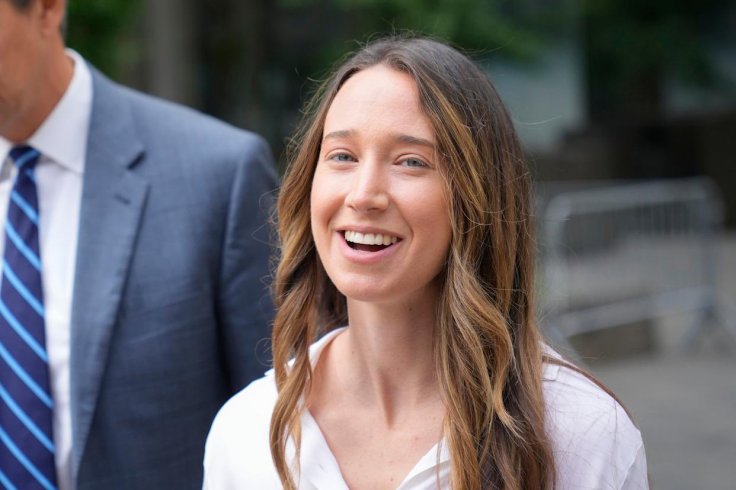A shocking conviction of a young and promising female entrepreneur in a multi-million-dollar fraud case has rocked the U.S. fintech sector. Charlie Javice, the founder of financial aid start-up Frank, has been convicted of defrauding JPMorgan Chase. Her crime—an application she developed to aid students—became the means of defrauding a financial conglomerate of millions of dollars.

A Manhattan federal jury delivered the verdict on Friday after a five-week trial. She and her co-defendant, Olivier Amar, now face serious legal consequences. Both were found guilty of conspiracy, bank fraud, and wire fraud. Amar served as Frank's chief growth and acquisition officer. Their sentencing is scheduled for July 23, and they could face decades in prison.
Javice launched Frank in her mid-20s to simplify the Free Application for Federal Student Aid (FAFSA) process. The company promised to help students access financial aid faster for a small fee. The innovation gained attention, earning her a spot on Forbes' 30 Under 30 list. JPMorgan Chase saw potential and acquired Frank in 2021 for $175 million. The bank believed it was gaining access to a vast pool of young clients. However, what seemed like a promising acquisition soon turned into a major scandal.
JPMorgan expected to gain millions of new student customers through Frank. However, the company's claims did not match reality. Javice had told the bank Frank had over four million users, with projections reaching ten million. In reality, Frank had only around 300,000 users. The customer list provided to JPMorgan was largely fake. This discovery led to fraud allegations and an extensive legal battle. The bank quickly realized it had been deceived, prompting an investigation into the acquisition.
Prosecutors accused Javice and Amar of deliberately falsifying Frank's customer base. They argued the duo misled JPMorgan to secure the $175 million deal. Acting Manhattan U.S. Attorney Matthew Podolsky stated, "While Javice and Amar may have thought they could lie and cheat their way to a huge payday, their lies caught up with them." Evidence showed that when Frank's chief software engineer refused to generate fake customer data, Javice paid a friend $18,000 to do it instead. These fabricated names and profiles were used to convince JPMorgan of Frank's false growth.
Javice's lawyer, Jose Baez, claimed JPMorgan knew what it was purchasing. He argued that the bank accused her of fraud due to "buyer's remorse." According to Baez, regulatory changes made the student data less valuable for attracting new customers. He insisted the fraud allegations were an excuse to cover a failed business decision. However, the jury found Javice and Amar guilty on all four charges, including conspiracy, bank fraud, and wire fraud. Each charge carries a maximum sentence of 30 years in prison.
Javice and Amar now await sentencing on July 23. The case has drawn comparisons to other high-profile fraud cases, including Theranos founder Elizabeth Holmes. Federal prosecutors are seeking significant prison time for both defendants. Despite the guilty verdict, defense lawyers have asked the judge to reconsider, arguing that the evidence was insufficient. Judge Alvin K. Hellerstein has scheduled a hearing to review these arguments.
JPMorgan's failure to detect the fraud before the acquisition raises concerns about due diligence in corporate takeovers. The case highlights the risks financial institutions face when investing in tech startups. It also raises questions about the credibility of young entrepreneurs who promise groundbreaking solutions. Javice had positioned herself as a leader in financial technology, but her downfall reveals the dangers of inflated claims in the startup world.
Javice, who had been living in Florida, remains free on a $2 million bail. However, she faces restrictions while awaiting sentencing. The judge will decide whether she and Amar must wear ankle monitors. Her lawyers argue the device will interfere with her new job as a Pilates instructor. The sentencing hearing will determine the final outcome of her case, but her once-promising career in fintech is now in ruins.









